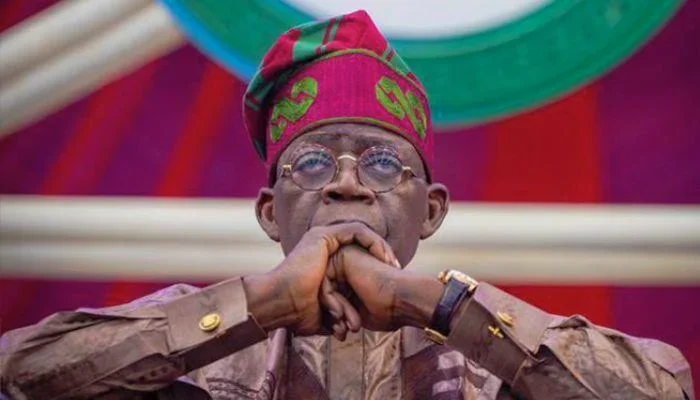On October 8, 2025, Nigeria’s Presidency rejected the World Bank’s claim that 139 million Nigerians live in poverty.
Special Adviser Sunday Dare called the Nigeria poverty dispute figure “unrealistic.” It fails to reflect the country’s economic context.
Flaws in Global Metrics
The World Bank’s estimate uses a $2.15 daily poverty line from 2017 Purchasing Power Parity. This translates to roughly N100,000 monthly at current exchange rates.
Nigeria’s new minimum wage is N70,000, showing a disconnect in the Nigeria poverty dispute.
Outdated Data Concerns
The figure relies on 2018/19 consumption surveys, ignoring Nigeria’s vast informal and subsistence economies.
“Focus on our reform trajectory,” Dare urged. The Nigeria poverty dispute highlights the need for empirical, locally relevant data.
Robust Welfare Initiatives
Tinubu’s administration has expanded social programs. Conditional Cash Transfers reach 15 million households, with N297 billion disbursed since 2023.
The Renewed Hope Ward Development Programme targets all 8,809 electoral wards, delivering micro-infrastructure and services.
Social Investment Expansion
National Social Investment Programmes bolster N-Power, micro-loans like TraderMoni, and school feeding initiatives.
These protect jobs, support small businesses, and keep children in school, addressing core issues in the Nigeria poverty dispute.
Food and Infrastructure Focus
Food security efforts include subsidized grains and fertilizers. The Renewed Hope Infrastructure Fund finances energy, roads, and housing to cut living costs.
These initiatives aim to create jobs and stabilize prices for citizens.
Structural Reforms Underway
Tinubu’s reforms fuel subsidy removal, exchange rate unification, and fiscal reallocation—tackle structural distortions.
The World Bank acknowledges macroeconomic gains, like rising revenues and stabilizing markets, but notes persistent household struggles.
World Bank’s Warning
At the 2025 Nigeria Development Update, World Bank’s Mathew Verghis praised reforms as “foundational.”
Yet, he warned that poverty rose from 129 million in April 2025. “Gains must reach households,” he said, fueling the Nigeria poverty dispute.
Recovery and Inclusion
The Presidency rejects modeled estimates, prioritizing recovery. Policies focus on empowering households through agriculture, manufacturing, and power investments.
A unified social register enhances transparency, ensuring aid reaches vulnerable communities.
Path to Prosperity
Tinubu’s vision drives inclusive growth. Investments in skills, renewables, and credit access aim to lower costs. “Citizens will feel improvements soon,” Dare said.
The Nigeria poverty dispute underscores the need for people-centered reforms.
Future Commitment
Nigeria aims for a resilient economy. By addressing poverty’s roots, the administration builds a fairer nation. Programs mature to deliver tangible benefits, ensuring no community is left behind in 2025.




















